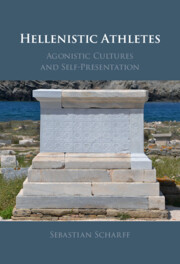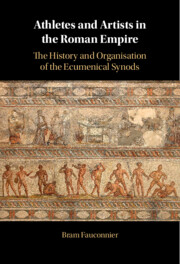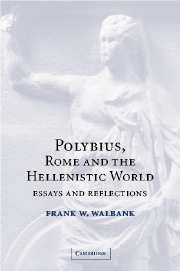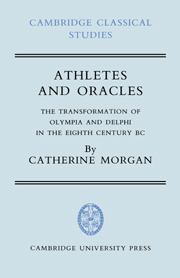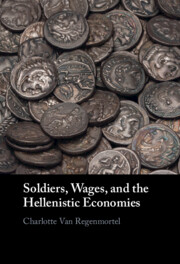Hellenistic Athletes
This is a study of Hellenistic athletics from the perspective of the victors. By analyzing agonistic epigrams as poetry on commission, it investigates how successful athletes and horse owners and their sponsors wanted their victories to be understood. Based on the identification of recurring motifs that exceed the conventions of the genre, a multiplicity of agonistic cultures is detected on three different levels – those of the polis, the region and the empire. Kings and queens used athletics in order to legitimate their rule, cities tried to compensate for military defeats by agonistic successes, and victorious aristocrats created virtual halls of fame to emphasize their common regional identity. Without a doubt, athletic victories represented far more than just leisure activities of Hellenistic noblemen. They clearly mattered in terms of politics and social status.
- The first full-length single-author study of Hellenistic athletics
- Analyzes agonistic epigrams in new ways to reveal the connection between the way a Hellenistic victor presented his success to his fellow citizens and the political structure of his community
- Introduces a more complex view of the polymorphism of Greek athletics
Product details
March 2024Hardback
9781009199957
384 pages
235 × 158 × 26 mm
0.7kg
8 colour illus.
Available
Table of Contents
- 1. Introduction
- 2. What's new in hellenistic athletics?
- 3. Athlete and polis. The hellenistic city as an agonistic community of fame
- 4. Athlete and koinon. agonistic success beyond the level of the polis
- 5. Victorious kings. The self–representation of a 'new society of victors'
- 6. Becoming Greek through athletics. The participation of non–Greek victors in hellenistic games
- 7. Conclusion.

